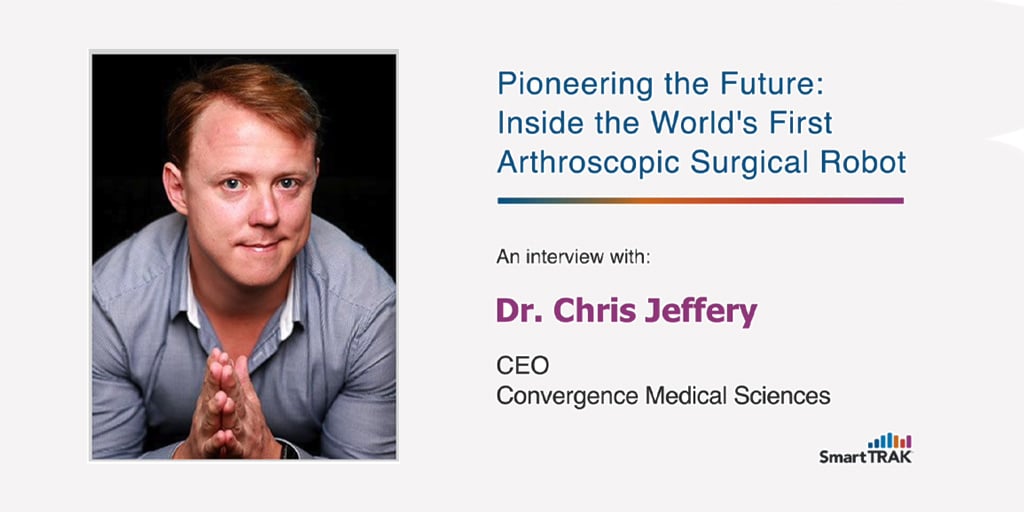SK Group-Backed Startup Launches Korea’s First Generative AI-Powered Medicine Search Platform

**SK Group-Backed Startup Launches Korea’s First Generative AI-Powered Medicine Search Platform**
In a groundbreaking development for the healthcare and pharmaceutical industries, a startup backed by South Korea’s SK Group has unveiled the country’s first generative AI-powered medicine search platform. This innovative platform is set to revolutionize how patients, healthcare professionals, and researchers access and utilize medical information, marking a significant leap forward in the integration of artificial intelligence (AI) into healthcare services.
### **The Rise of Generative AI in Healthcare**
Generative AI, a subset of artificial intelligence that uses advanced machine learning models to generate human-like text, images, and other forms of data, has been making waves across various industries. In healthcare, its potential to process vast amounts of medical data, provide personalized recommendations, and enhance decision-making has captured the attention of innovators worldwide.
The SK Group-backed startup’s new platform leverages this cutting-edge technology to address a critical need in the medical field: efficient and accurate access to drug information. Traditionally, searching for medicine-related data has been a time-consuming and often fragmented process, requiring users to sift through multiple databases, medical journals, and regulatory documents. The new platform aims to simplify and streamline this process, making it more accessible and user-friendly.
### **Key Features of the Platform**
The generative AI-powered medicine search platform boasts several key features that set it apart from traditional search tools:
1. **Natural Language Processing (NLP):** Users can interact with the platform using natural language queries, such as “What are the side effects of this medication?” or “Which drugs are approved for treating diabetes?” The AI understands and processes these queries to deliver precise and relevant results.
2. **Comprehensive Database Integration:** The platform integrates data from a wide range of sources, including government-approved drug databases, clinical trial results, academic research, and pharmaceutical company records. This ensures that users receive up-to-date and reliable information.
3. **Personalized Recommendations:** By analyzing user input and contextual data, the AI can provide tailored suggestions, such as alternative medications, dosage guidelines, or potential drug interactions.
4. **Multilingual Support:** Recognizing the global nature of healthcare, the platform supports multiple languages, making it accessible to users from diverse linguistic backgrounds.
5. **Regulatory Compliance:** The platform adheres to strict data privacy and security standards, ensuring that sensitive medical information is protected.
### **Applications and Benefits**
The launch of this platform has far-reaching implications for various stakeholders in the healthcare ecosystem:
– **For Patients:** The platform empowers individuals to take a more active role in managing their health by providing easy access to accurate and understandable drug information. This can help patients make informed decisions about their treatment options and improve medication adherence.
– **For Healthcare Professionals:** Doctors, pharmacists, and other medical practitioners can use the platform to quickly access critical drug information, reducing the risk of errors and enhancing patient care. The AI’s ability to provide insights into drug interactions and contraindications is particularly valuable in complex cases.
– **For Researchers and Pharmaceutical Companies:** The platform can serve as a powerful tool for drug discovery and development. By analyzing patterns in existing data, the AI can identify potential areas for innovation and help researchers stay ahead of emerging trends.
– **For the Healthcare System:** By improving access to information and reducing inefficiencies, the platform has the potential to lower healthcare costs and improve overall outcomes.
### **SK Group’s Commitment to Innovation**
The launch of this platform underscores SK Group’s commitment to fostering innovation in high-impact industries. As one of South Korea’s largest conglomerates, SK Group has been actively investing in cutting-edge technologies, including AI, biotechnology, and renewable energy. By backing this startup, the company is not only advancing its own strategic goals but also contributing to the broader development of South Korea’s digital healthcare ecosystem.
### **Challenges and Future Prospects**
While the platform represents a significant achievement, it also faces challenges. Ensuring the accuracy and reliability of AI-generated information is paramount, particularly in a field as critical as medicine. The startup will need to continuously update its database, refine its algorithms, and collaborate with medical experts to maintain the platform’s credibility.
Looking ahead, the platform has the potential to expand its capabilities further. For instance, integrating wearable device data or electronic health records (EHRs) could enable even more personalized and proactive healthcare solutions. Additionally, partnerships with global healthcare organizations could help the platform reach a wider audience and establish itself as a leader in the field.
### **Conclusion**
The launch of Korea’s first generative AI-powered medicine search platform is a milestone in the intersection of technology and healthcare. By harnessing the power of generative AI, the SK Group-backed startup is addressing a critical need for accessible, accurate, and personalized medical information. As the platform evolves and gains traction, it has the potential to transform how medicine is searched, understood, and utilized—not just in South Korea, but around the world.